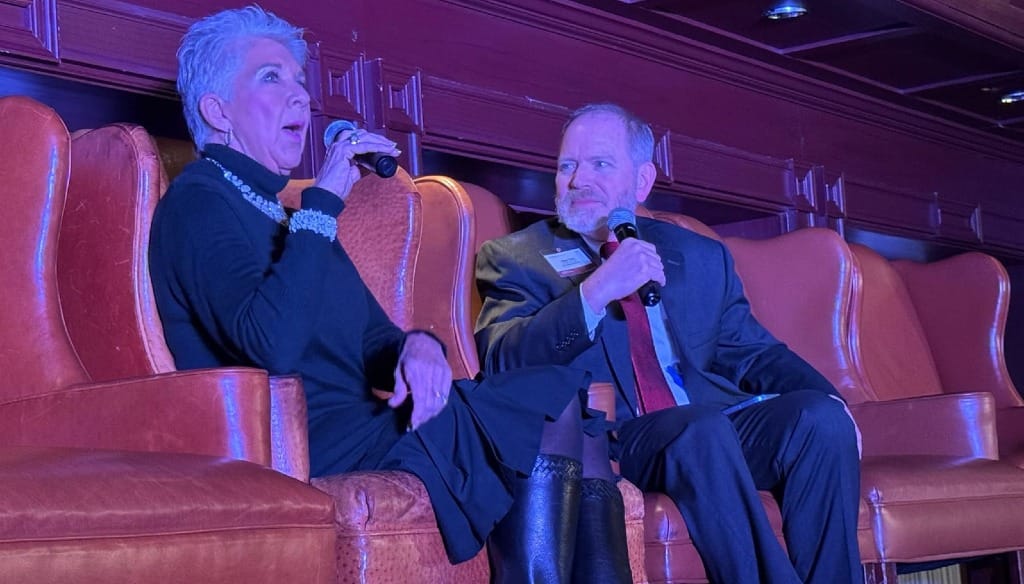Former RUS Leader Keeps Backing a Fiber-First Approach
‘To make America great again, you need ubiquitous, high-speed broadband.’
Jericho Casper

WASHINGTON, Dec. 12, 2024 – The National Telecommunications and Information Administration is by no means the first federal agency to be criticized for how long the rollout of its broadband initiatives is taking.
Speaking at Broadband Breakfast’s Broadband In the Trump Administration event on Thursday, Hilda Legg, former administrator at the USDA’s Rural Utilities Service, reflected on the challenges faced by early broadband efforts, recalling the first federal dollars allocated for rural broadband expansion – $600 million under the 2002 Farm Bill.
"I have today a great deal of empathy for NTIA," Legg said of the federal body tasked with connecting every U.S. household to high-speed Internet through the $42.45 billion Broadband, Equity, Access, and Deployment program.
Just as NTIA has recently faced backlash from certain Congressmembers, sparking press criticism, Legg recalled twenty years ago, “the Washington Post wrote articles about why USDA was so slow in getting the money out the door.”
While the hurdles have evolved, the essential mission remains the same: bridging the broadband gap in rural America, she said.
Legg, who advocated for a "fiber first, but technology neutral" approach, explained why fiber infrastructure remains the gold standard for future-proof broadband in underserved areas.
“You get the fiber line, you get the greatest capacity,” Legg explained. “It makes it a more durable, long-term investment with a better return on your investment.”
For Legg, the challenges of rural broadband aren’t just theoretical — they’re deeply personal. She spoke candidly about her own frustration with the lack of broadband access in her home state of Kentucky, highlighting a specific issue she encountered related to the Rural Digital Opportunity Fund.
“I’m just going to be hard pressed to say something about RDOF, because I am the poster child for not being able to go home,” she shared. “Today, I live in Lexington, but I want to return to my family farm, about two hours away. I want to build a simple retirement home, but my farm is just outside an RDOF area. It doesn’t look too likely to get built anytime soon. No one is interested in coming in to serve a rural area that’s 18 miles from the county seat and 15 miles from another town. I can’t go home and retire or live on my family farm unless I rely on alternative technologies. That’s the reality.”
Legg believes the BEAD program, like past initiatives, will need adjustments.
“Do I think it’s perfect? Absolutely not. I think it’s going to be tweaked,” she said. “There are just some things that need to be adjusted, but if we go at it with that attitude, then we can make it work and perfect it as we go.”
Legg offered advice to President-elect Donald Trump and Vice President-elect JD Vance on how to proceed with the broadband agenda.
“Move forward expeditiously. People are waiting,” she urged. “Governors have promised broadband to their constituents, and they’re waiting on that promise. You need to move forward and figure out what needs tweaking, what specific needs need to be met, and have some flexibility.”
She concluded with a call to action: "To make America great again, you need ubiquitous, high-speed broadband."
 Broadband BreakfastBroadband Breakfast
Broadband BreakfastBroadband Breakfast









Member discussion